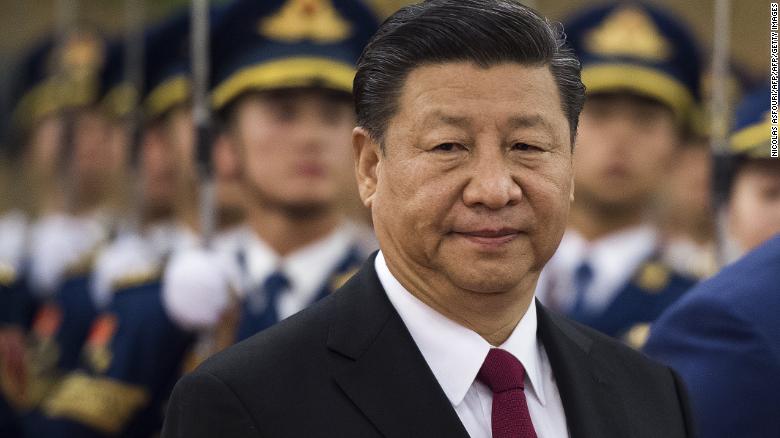There is hardly anything to write or think about that isn’t
affected by the Wuhan virus.
Sports are on hold, even down to the high school
and little league level. News is mostly just reports about the how the economy
is grinding to a halt and Congress is putting some spending package together to
reassure the jittery markets. Mitt Romney wants to give everyone $1000
stimulus, the administration wants to roll back regulations on business.
Others are angling for an all of the above strategy and opting for a throw
everything at the wall approach. The Fed chairman cut the interest rate by a
quarter point the other day and it made zero difference. Not that I blame any of them.
These moves are mostly cautionary and meant to reassure buyers that all is well.
This is very new territory for everyone and although I think
this a giant overreaction I can’t say I’d do it differently. They have better
information from medical experts. The problem is medical experts will ALWAYS recommend
this very thing. No one wants to be the one who said “Ahhhh. . . it’ll prolly
blow over, nothing to see here” only to have hospitals overrun with sick and dying
while the healthy escape like those prisoners from The Fugitive after the bus rolled over. So we get the same result
each time, an ‘abundance of caution’. To doctors responsible for containing the
spread of a contagion there is no such thing as too drastic a step.
Judges and lawyers get criticized for their authoritarian impulses, doctors have them both beat though. I think it's our societal deference to doctors as a whole that makes any criticism of their opinions seem like foolishness.
Partly I’m struggling to put the pieces together on how to
feel about this thing. Should I be angry at the Chinese for not alerting others
about the outbreak and danger to travelers? Yes, but that’s like being angry
about rain-out ball games in April; they happen regularly and you have to
account for it. Malfeasance is the Beijing way, they went after journalists who
reported on the disease instead of thanking them. The problem is they want to
be a world player but still govern their country by crushing dissent. You can’t
have it both ways; eventually something like this happens and reminds everyone
that China is still communist.
Is this overreach in shutting down restaurants and health
clubs and movie theaters within the authority of American governments at any
level? No, but I’m not complaining for a couple of reasons. This really is a
first and it’s not like this happens every 5 years or so. The concern with
libertarian types is that governments can use these events to impose strict
controls. That’s true but it’s clear to me from watching even one
press conference that the government is playing catch up. It’s not to say they
are doing a terrible job but what does a good job look like exactly? It’s not
like we have a long history of managing these panics.
And for Democrats who think Trump is way over his head on
this, let this be exhibit A in why Republicans prefer a very small, limited
government.
It wouldn't look much different under a Democrat. The non-political actors would be essentially the same, the
Center for Disease Control (CDC) and whichever private/public partnership were
put in place. One positive is in letting the state and local governments figure
out ground level stuff. It won’t all work well but the more rigid and specific
the federal response is the tougher it becomes to make it work locally. Most of
this will be a wait and see what works kind of thing. As long as the feds makes
funding available when it’s needed, they’ve done most of their job. Also removing
a lot of the red tape that comes with developing a test and vaccine should be a
priority.
As a Christian I’m glad Mike Pence is the point man on this.
He strikes me as someone who defers to others when he needs to and genuinely works
toward fixing a problem. He is a praying man and I find that reassuring.






